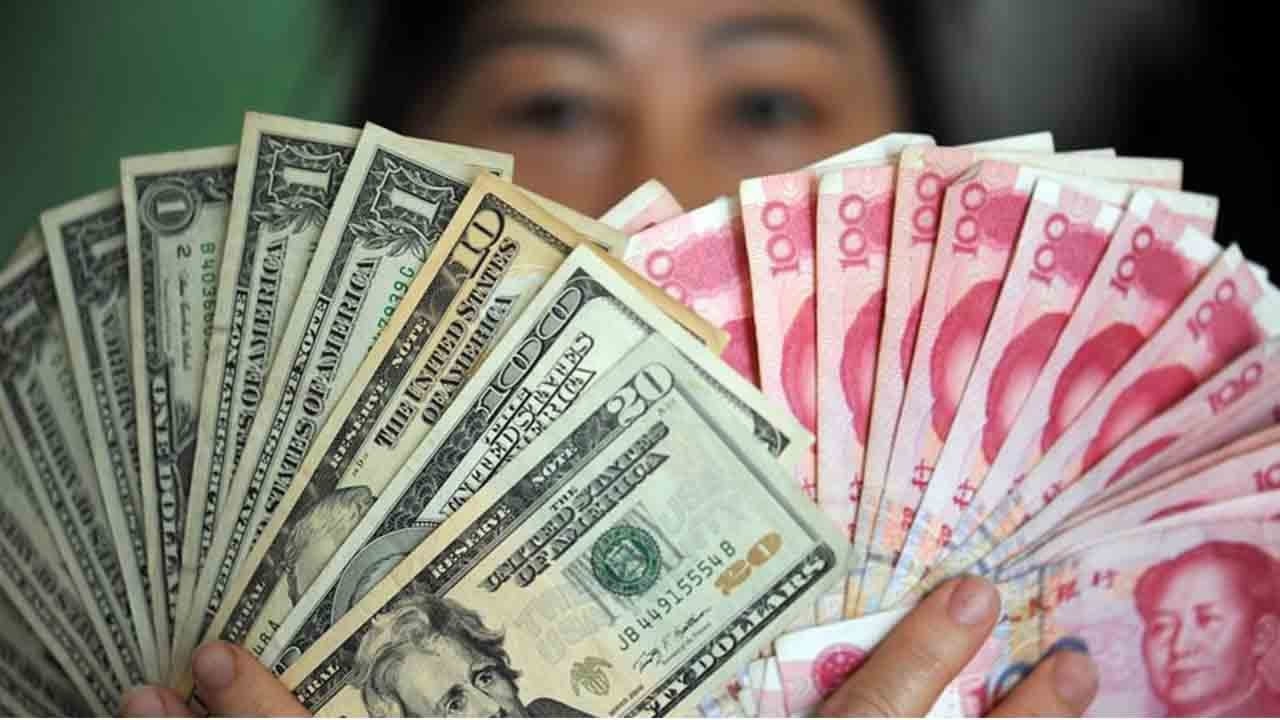
Opinions
15:31, 10-Aug-2017
Opinion: China must not overplay its strategic hand
By Yan Xuetong from Global Times

From 2012 to 2014, Chinese diplomacy transformed from "hiding its capabilities and biding its time" to "striving for achievements." During this process, China built up its efforts to safeguard its territorial integrity in the Diaoyu Islands and the South China Sea. China also proposed the Belt and Road initiative for surrounding countries and setting up the Asian Infrastructure Investment Bank.
The achievements China made during this period prove that the diplomatic transformation was the right path.
The success of Chinese diplomacy comes as China prioritizes its national interests according to its current national strength. Economic interests are no longer the primary and overwhelming consideration in Chinese diplomacy.

Both the Chinese government and the international community view China as a rising power. It is reasonable for China to claim that it is a builder of world peace, a contributor to global development, and an upholder of international order.
Nevertheless, China's overall strength is far less than that of the US, so China should undertake no more international responsibilities than the US. When it comes to concrete policymaking, what China should maintain and what it should reform should be made clear.
Sometimes China's policy toward the international order is ambiguous, and one of the reasons is that China's foreign policymaking process lacks an explicit definition of China's strength and status. Some policymakers fail to understand what goals China's relevant strength on a specific issue can support or cannot do within the framework of the existing international system. This exerts a negative impact on China's top-level design and implementation of policies.
At the global level, China cannot play the role of a superpower, as it goes beyond China's overall strength. If China makes its foreign policy as if it were a global superpower, it will result in strategic precipitance.

/GT
/GT
China is situated in East Asia, which will become the center of the world in the future. East Asia's strategic importance to China is greater than any other region. If China invests its limited strategic resources in East Asia, the strategic gains generated will be much more beneficial than from any other region.
If China looks beyond its own neighborhood and puts its strategic resources into regions such as Europe, Africa, the Middle East and Latin America, it will only reap a limited harvest.
If we define China's strength as the second-largest economy in the world while highlighting the gap with the all-round power of the US, we can successfully handle relations with neighboring countries and other major powers.
The nature of China-US strategic relations is competition, which will not change in the forthcoming years. In the next decade, cooperation will not become the core part of this bilateral relationship like in the 1980s.
There is a huge favorable strength gap between China and its neighboring countries, and the gap continues to expand. This means China can do a lot in the surrounding areas. Neighborhood diplomacy matters greatly to China's rise and its national rejuvenation.
As a rising power, China's policies should make an impact on its neighboring areas and then expand to further regions. The world's most powerful country since the end of WWII, the US made too many international promises and invested too much in secondary regions, but it did not receive due returns. China, as the world's second largest economy, should not repeat such strategies. That a country's strategic objectives fit its national strength is the pillar of successful policymaking.
A rising power should try to grow stronger to become a dominant power. The issue concerning the foreign strategy of a rising country is not whether it should gain more international power, but about whether its expansion is too rapid.
An appropriate strategy for a rising power is to make some breakthroughs, gain some power, and then stop to consolidate the power it obtained for a while. It should not recklessly seek power that is beyond its reach. A great power should rise steadily rather than at one go. The lesson of China's Great Leap Forward should long be remembered.
(This is an abridged version of a piece originally published in Global Times. The author is director of the Institute of International Studies, Tsinghua University. The article reflects the author’s opinion, and not necessarily the view of CGTN.)
Source(s): Global Times

SITEMAP
Copyright © 2018 CGTN. Beijing ICP prepared NO.16065310-3
Copyright © 2018 CGTN. Beijing ICP prepared NO.16065310-3